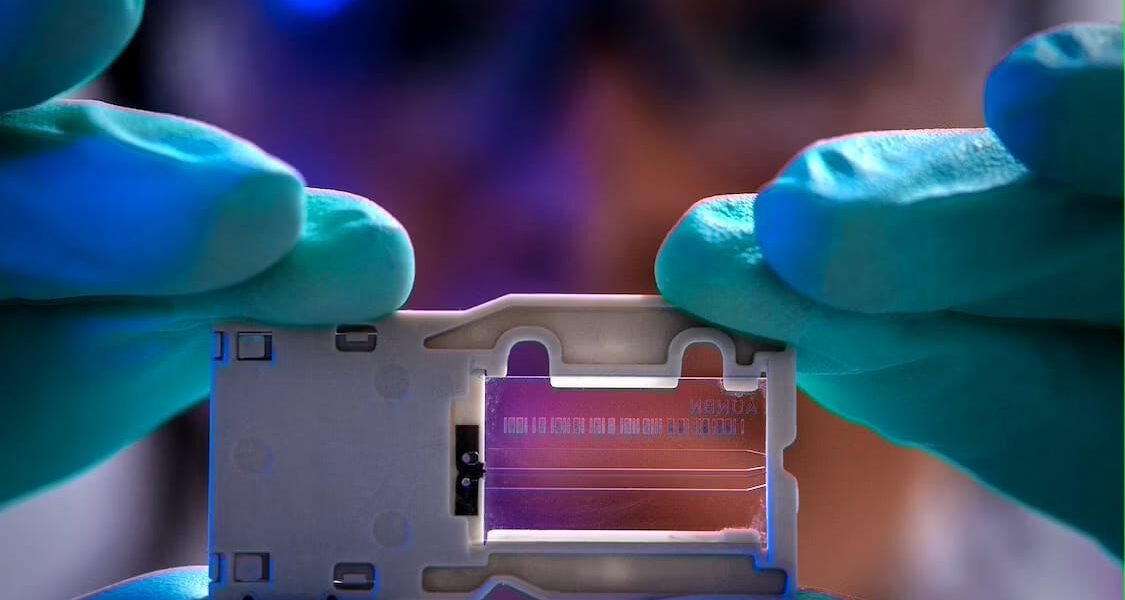As medical technology continues to advance, ensuring the safety and efficacy of medical devices is of utmost importance. Medical equipment parts manufacturers play a critical role in meeting regulatory requirements to ensure that the components they produce for medical devices are compliant with industry standards. In this article, we will explore the key regulatory considerations that medical equipment parts manufacturers need to be aware of to navigate the complex landscape of medical injection molding.
Understanding the Regulatory Landscape: Compliance for Medical Equipment Parts Manufacturers
Medical equipment parts manufacturers must stay up to date with the various regulatory frameworks governing medical devices, such as the FDA’s Quality System Regulation (QSR) and ISO 13485. Adhering to these standards is crucial to ensure the safety, quality, and reliability of the components they produce.
Material Compliance: Selecting and Certifying Medical-Grade Materials
Choosing suitable materials is imperative for medical equipment parts manufacturers. They must select medical-grade materials that meet both mechanical and biocompatibility requirements. Additionally, manufacturers should seek material certifications, such as the USP Class VI or ISO 10993, to ensure the materials’ suitability for their intended medical applications.
Design Validation: Meeting Regulatory Standards for Performance and Safety
Design validation is a crucial step in the manufacturing process of medical equipment parts. Manufacturers must conduct comprehensive testing and validation procedures to ensure that the components meet the performance and safety requirements set forth by regulatory bodies. This includes functional testing, stress testing, and sterilization validations, among others.
Documentation and Traceability: Maintaining Quality Assurance Records
Medical equipment parts manufacturers must maintain thorough documentation and traceability records as part of their quality assurance systems. These records include design history files, device master records, and production and process control documentation. Proper documentation is essential for demonstrating compliance during audits and inspections.
Post-Market Surveillance and Reporting: Ensuring Continued Compliance
Regulatory compliance does not end with the manufacturing and distribution of medical device components. Medical equipment parts manufacturers must establish post-market surveillance and vigilance systems to monitor the safety and performance of their components. In the event of adverse events or product issues, prompt reporting to regulatory authorities is crucial to maintain compliance.
Conclusion
Regulatory requirements for medical injection molding pose a significant challenge for medical equipment parts manufacturers. Understanding the regulatory landscape, ensuring material compliance, conducting design validation, maintaining documentation and traceability, and implementing post-market surveillance systems are vital steps in meeting regulatory requirements. By closely adhering to these regulations, medical equipment parts manufacturers can ensure the safety, efficacy, and compliance of the components they produce, contributing to the overall safety and reliability of medical devices.
